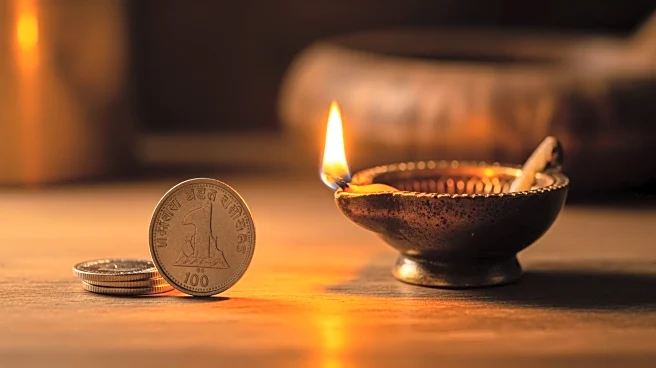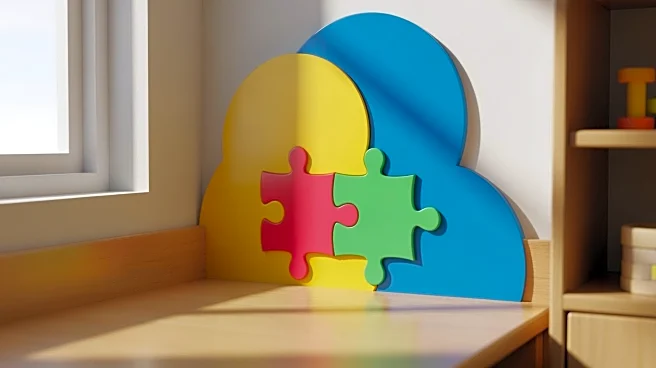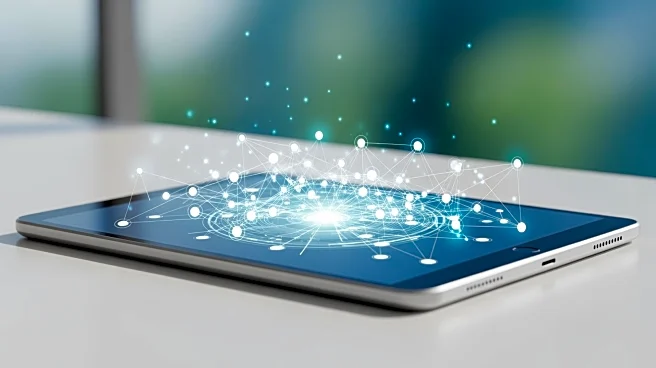What is the story about?
What's Happening?
Acupressure is being explored as a method to alleviate anxiety symptoms by targeting specific pressure points on the body. According to Erik Larson, a board-certified nurse practitioner in psychiatric mental health, acupressure works by stimulating the nervous system, particularly the parasympathetic nervous system, which helps restore balance and calmness. This technique can be used in real-time without the need for appointments, making it accessible for immediate relief. Pressure points such as the heavenly gate point, Hegu point, and chest center point are among those recommended for reducing anxiety. While research on acupressure is still developing, some studies have shown its effectiveness in reducing anxiety during stressful situations, such as medical procedures.
Why It's Important?
The exploration of acupressure as a tool for managing anxiety is significant given the prevalence of anxiety disorders in the U.S. Anxiety can lead to various physical symptoms, including increased heart rate and blood pressure, which acupressure aims to alleviate. This method offers a non-invasive, risk-free option for individuals seeking immediate relief from anxiety symptoms. As anxiety disorders can be chronic and debilitating, acupressure provides an alternative or complementary approach to traditional therapies and medications. The potential for acupressure to improve mental health outcomes could benefit a wide range of individuals, particularly those who experience anxiety in high-pressure situations.
What's Next?
Further research is needed to fully understand the efficacy of acupressure in treating anxiety. Larger studies could help determine the placebo effect and establish more concrete evidence of its benefits. As interest in holistic and non-pharmacological treatments grows, acupressure may become more integrated into mental health practices. Healthcare providers might consider incorporating acupressure techniques into their treatment plans, especially for patients who prefer non-medication approaches. Additionally, public awareness and education about acupressure could increase its adoption as a self-help tool for anxiety management.
Beyond the Headlines
Acupressure's potential extends beyond immediate anxiety relief. It may contribute to broader discussions on mental health treatment, emphasizing the importance of accessible and non-invasive options. The technique's ability to stimulate the parasympathetic nervous system highlights the interconnectedness of physical and mental health, suggesting that holistic approaches can play a crucial role in comprehensive healthcare. As more individuals seek alternative therapies, acupressure could influence cultural perceptions of mental health management, encouraging a shift towards integrative practices.














